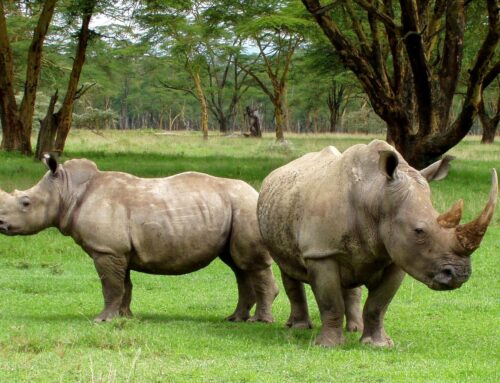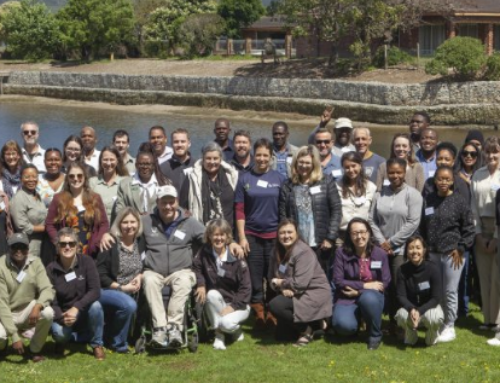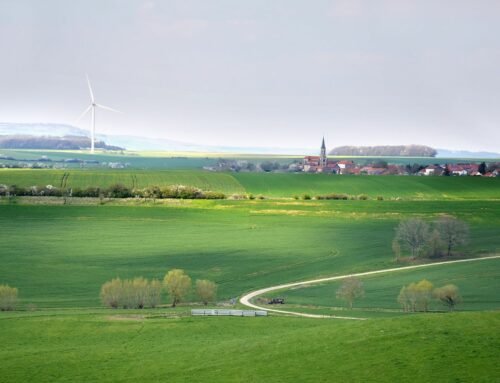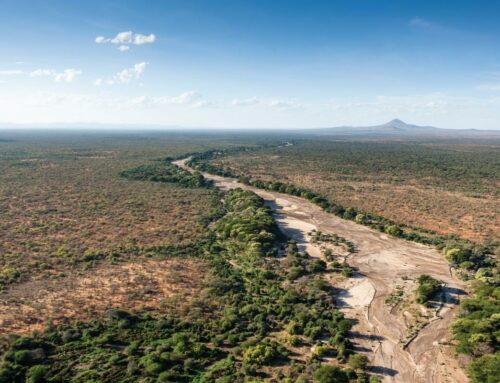INVITATION FOR A SYMPOSIUM
PRIVATE INVESTMENTS IN NATURE CONSERVATION: STUDYING MOTIVES AND BENEFITS
Date: October 20th, 2014
Time: 09.00 – 16.00 hours (Tea and Coffee: 8:30 – 09:00)
Venue: Seminar Room 1 (5th Floor), Environmental & Geographical Science Building, Upper Campus, University of Cape Town
Organizers: Maano Ramutsindela (UCT) & Marja Spierenburg (VU Amsterdam)
PROGRAMME:
Introductions: 09:00 – 09:15
Session 1: Chair Maano Ramutsindela
- Presentation 1: 09:15 – 10:15 Neoliberal Nature and African Agency : Eco-tourism, trophy hunting and the commodification of nature in akuleke Contract Park, South Africa (Steven Robins – University of Stellenbosch)
- Presentation 2: 10:15 – 11:15 Private investment in conservation: case study of Torra conservancy in Namibia (Erling Kavita, Polytechnic of Namibia)
- Presentation 3: 11:15 – 11:45 Governing Mana Pools, Zimbabwe (Samantha Sithole, UCT Honours student)
Discussion: 11:45 – 12:00
Lunch 12:00 – 1:30 pm (time includes walking down to UCT Club)
Session 2: Chair Marja Spierenburg
- Presentation 4: 1:45 – 2:30 MDTP – The Legacy of the GEF/World Bank Funding (Rabson Dhlodhlo, Ezemvelo KZn Wildlife & UCT)
- Presentation 5: 2:30 – 3:00 Trading places: the road to Mokala National Park (Paballo Chauke, UCT Honours student)
- Presentation 6: 3:00 – 3:45 Insights from private investments and commercialization in nature conservation in nature conservation areas (Marja Spierenburg & Maano Ramutsindela, VU Amsterdam & UCT)
Discussion: 3:45 – 4:00
Dinner: 7:00 pm
For more information, please contact:
Maano Ramutsindela: Maano.Ramutsindela@uct.ac.za
Marja Spierenburg: m.j.spierenburg@vu.nl
Context:
Nature conservation has long been considered to be incompatible with the interests of the private (profit) sector and was deemed the prerogative of the state. This view changed from the mid-1980s onwards when the focus shifted from species protection to sustainable development. Increasingly environmental organizations started promoting the involvement of private (for-profit) sector organisations in the creation, expansion and management of nature reserves, claiming this would result in increased economic benefits from these reserves, especially through tourism development. Tourism development would increase funding available for nature conservation, but also stimulate local economic development through job creation and in some cases the sharing of benefits with nearby residents.
Most research to date has focused on the perspectives of local residents, nature conservation authorities and environmental NGOs. Little attention has been paid to the perspectives of the private sector organisations involved in nature conservation. We are interested in who the investors in nature conservation are and what the motives are of private sector organisations to become involved in conservation. Are these motives solely focused on business opportunities, or do other factors play a role too? What types of investments are involved in corporate social responsibility? What are investment patterns in conservation and what do those patterns tell us? How profitable are these nature conservation ventures, and how are the risks, costs and benefits distributed among the different stakeholders? We also explore the socio-political context in which private investments in nature reserves take place, more particular the tensions arising from attempts to reform state organizations and the need for social transformation.












